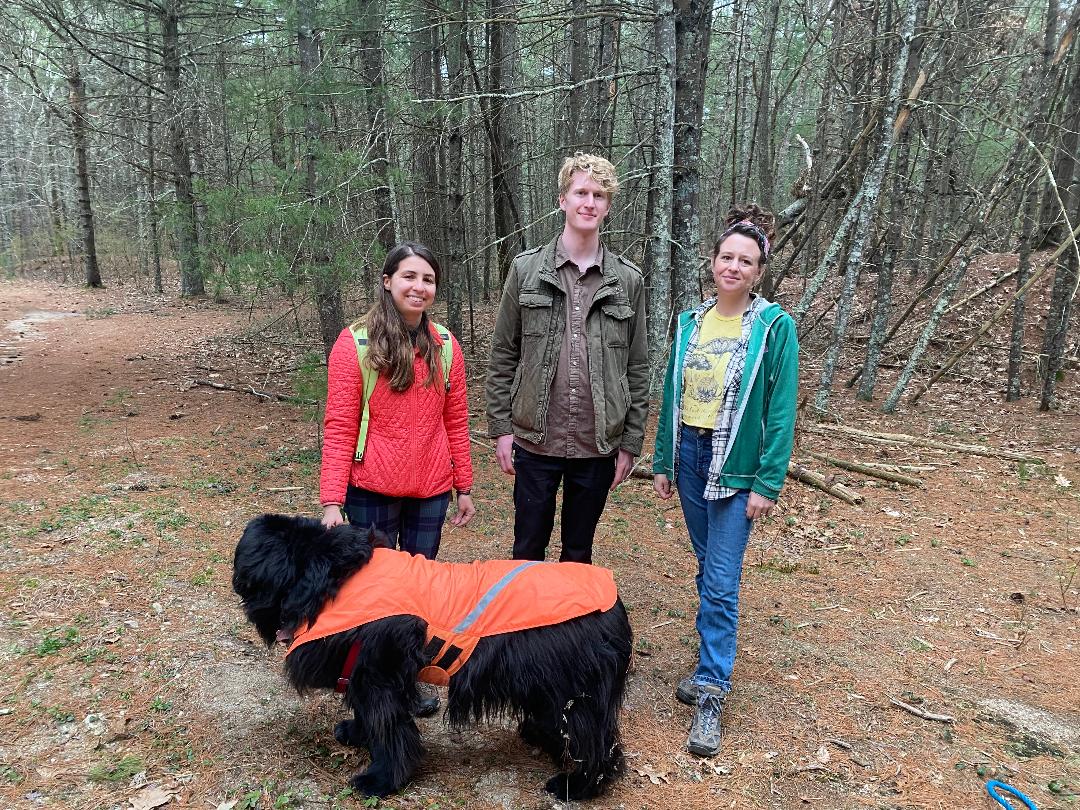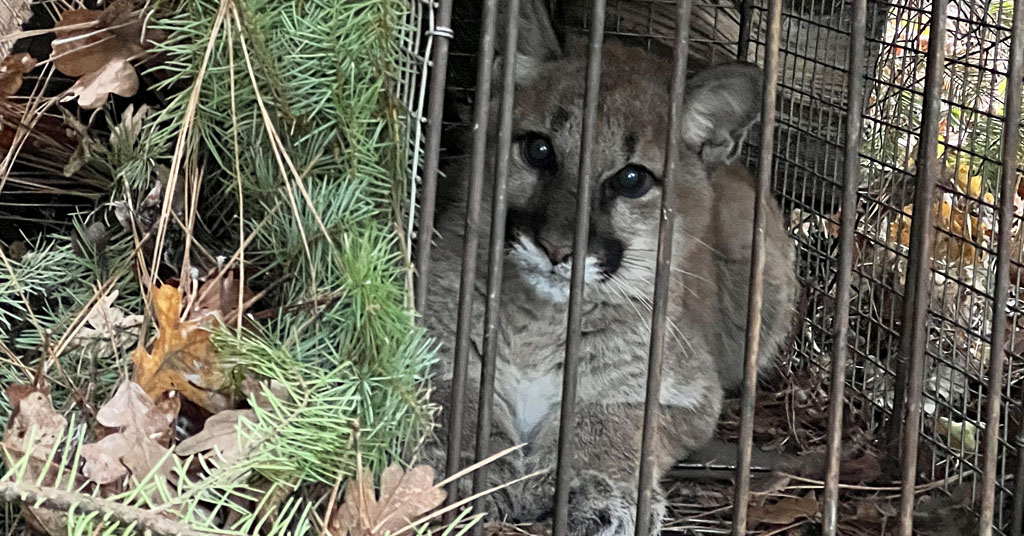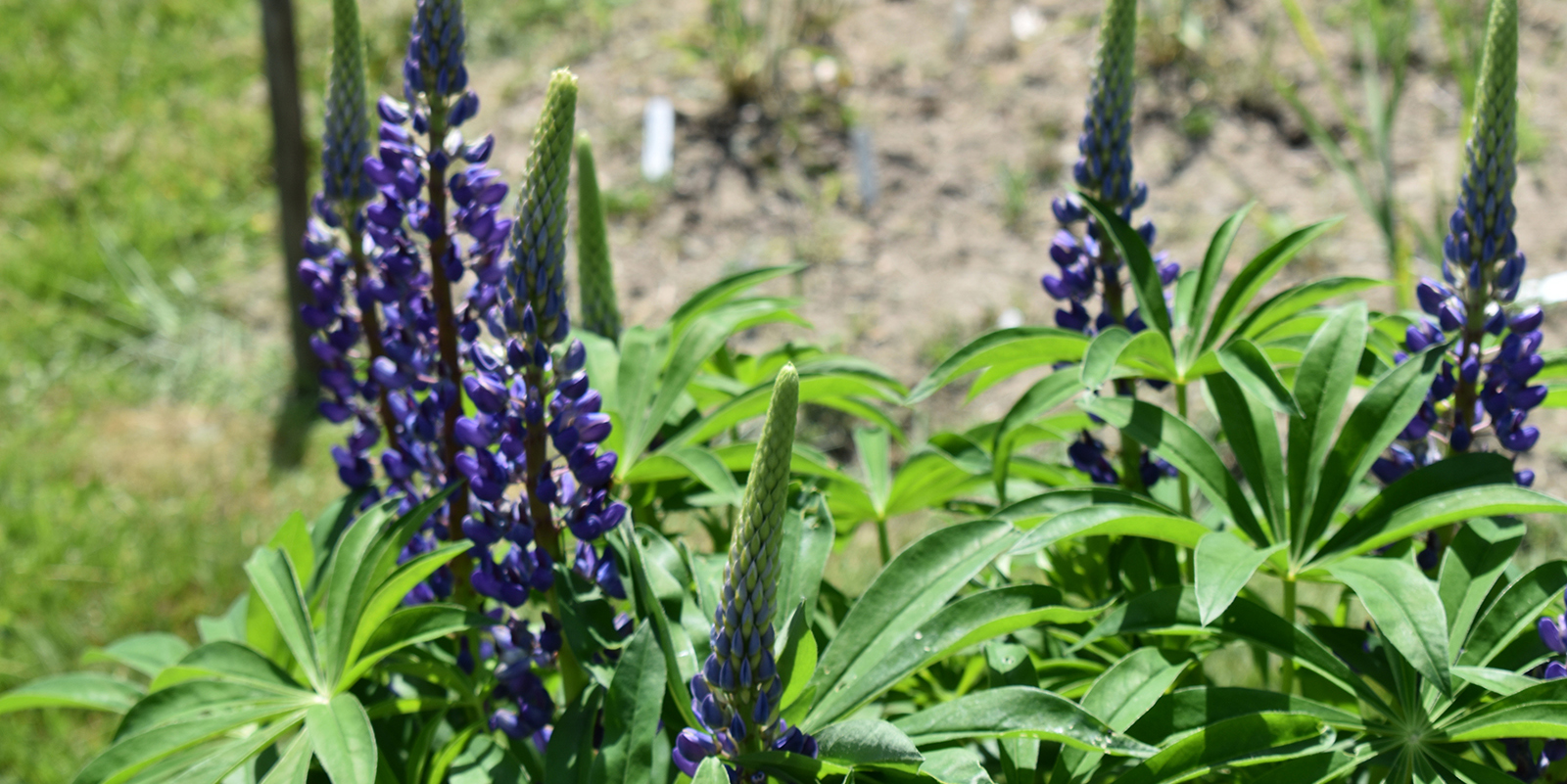Non-Native Species Part of DEM’s Tree Giveaway
September 1, 2023
PROVIDENCE — Plant-wise, eagle-eyed news readers may have noticed something was off in a Department of Environmental Management announcement a few weeks ago.
On Aug. 25, the state agency opened registration for the fall portion of its free, energy-saving tree program, which partners with the Rhode Island Tree Council, the Rhode Island Nursery and Landscape Association, and the Arbor Day Foundation to give 1,000 trees away for homeowners to help lower their utility bills by smartly planting trees on their property.
“From an environmental perspective, planting a tree in the right place can improve air quality, capture and store carbon and help manage stormwater runoff,” DEM director Terry Gray said in a prepared statement.
The program, paid for from Regional Greenhouse Gas Initiative auction proceed funds, is held twice a year by DEM during prime tree-planting season in spring and fall.
But there’s a catch: only one of the species being offered this year — river birch — is native to the region. Four out of the five species offered are trees not native to New England.
They include:
American sweetgum, a deciduous tree more commonly found in the southeastern United States and some areas of Central America.
Trident maple, a deciduous tree native to China, Korea, and Japan.
Willow oak, a member of the red oak group, often chosen as a shade tree, has a native habitat stretching from New York state south to Florida, to as far west as Texas, Oklahoma, and Missouri.
Dawn redwood, a deciduous, coniferous tree that closely resembles bald cypress and redwood trees. It was first found growing in the wild in 1941 in China.
A DEM spokesperson said all the trees were selected for their history of growing well in Rhode Island without being invasive or affected by pests. The trees were also chosen for their energy-saving benefits, he added. Those same benefits are often also found in native trees.
“DEM balances the benefits of native trees, which increase biodiversity, with the benefits of trees that are easy to grow in a variety of different spaces and conditions because not every Rhode Islander has the same backyard,” said Evan LaCross, DEM’s programming services officer.
Native plants, the flora that grew in the region for thousands of years prior to the arrival of European colonizers, are considered the foundation for healthy ecosystems by plant experts. Native plants are the ones that are known to provide successful habitats for native wildlife, get germinated by pollinators, and support a greater and wider variety of insect life than non-natives. The University of Rhode Island’s Cooperative Extension maintains a native plant guide that lists every plant native to the state.
For its part, the Arbor Day Foundation, which provided the tree species requested by DEM from a Massachusetts nursery, said it has no official policy regarding native trees, but instead provides guidelines to all of its partners nationwide.
Woodrow Nelson, vice president of mission and membership for the Arbor Day Foundation, said they prefer to plant native trees, and if those are not available, then non-invasive, non-native trees are sent instead.
“I can tell you these species that we get behind are well-adapted and well-behaved,” Nelson said. “They’ve been here in the United States for hundreds of years.”
The Arbor Tree Foundation often offers non-natives as alternatives to trees that might not thrive in urban environments, according to Nelson. He gives the examples of American linden trees, which remain popular as urban trees, but can grow far too large to maintain in towns and cities. Instead, the foundation offers a little leaf linden tree, native to Scandinavia, but “well-adapted, well-behaved.”
Planting non-invasive, non-natives can improve biodiversity, according to Nelson. He said they can provide protection in urban areas where trees have been blighted from non-native diseases. Plus, he added, many Americans, especially Rhode Islanders, enjoy a certain fruit from a non-native tree every year: The all-American apple tree is not native to North America.
“There’s always room for another tree,” Nelson said.




*Arbor Day Foundation.
🙂
Amazing, but not surprising, that they chose a maple from Asia, while the RI state tree is a red maple!
There is a very large older sweetgum tree here in Westerly. Perhaps it was planted as an ill advised one shot but it is a viable tree in this area. With the general warming pattern in the US, I would expect its range is now a bit more extended than it once was.
I understand the Native Tree and Plant movement and strongly support it and participate in it.
I have put countless hours into nativizing large portions of our nine acres on the coast over many years
But my research and experience has taught me that not all native plants are positive for the environment; a number are invasive monoculture species themselves that destroy a healthy ecosystem, red maples among them. I watch perennials in bloom at nurseries and in my restored tracts and the pollinators tell you what’s best. Joe Pye Weed and Echinacea are not even close to Salvia, Agastache, Allium, Meadow Sage in benefit. Some “slight hybrids” outperform.
And simple Clover is great.
A Willow Oak from more southerly regions also is a fine choice.
Just keep at it!
Brad
This is astonishing but not surprising. I have been dismayed at RIDEM’s positions in general on so many levels. They seem so far behind other states environmental agencies. This is coming from someone who grew up there, still has family roots but sees what happens in other states. Stick with the Natives folks if you are truly concerned about the local eco types.
Questionable decision of trees, at best. When looking them up, you can find that some of the root systems of the non-natives are invasive and break up sidewalks and driveways. Sweetgum are described as “exceptionally messy” with their gum balls. It’s very strange that most of the trees in their giveaway are non-native and potentially invasive. Not sure where they pulled these trees out of, or maybe got some bulk discount on, but they need to do better.
Red maples invasive in Ri, that makes me laugh.
I guess we’re lucky the settlers cut them all down in the 1600s to prevent a major biodiversity loss haha
The only positive thing is they’re not giving away Bradford pears. :/